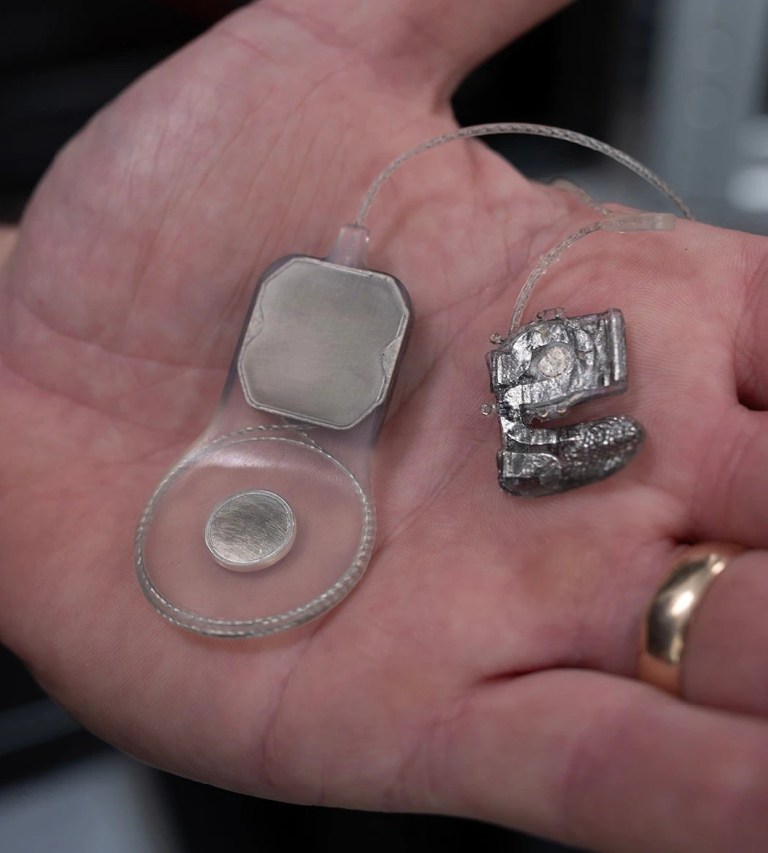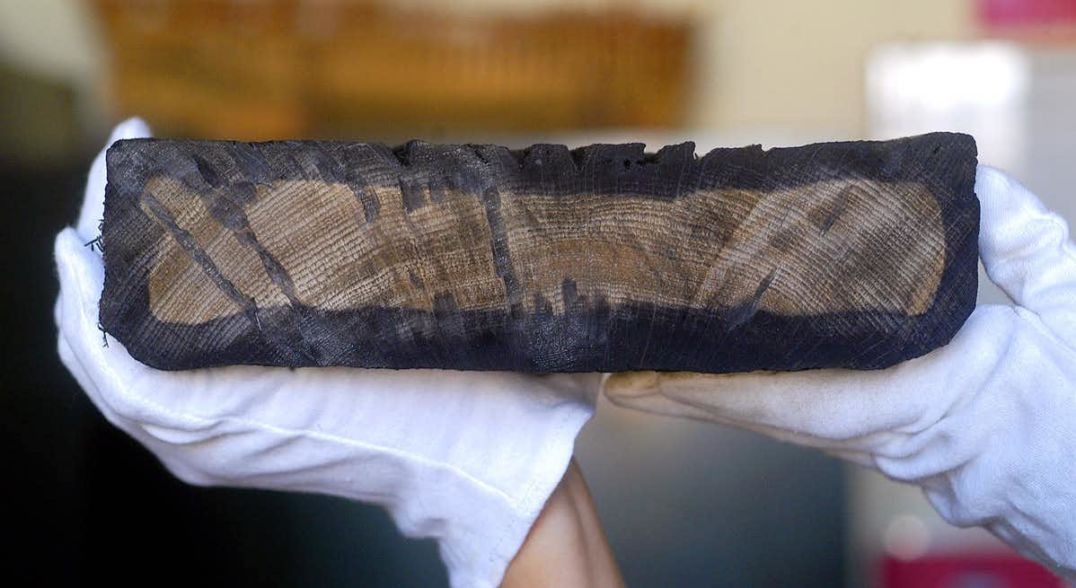A new study at the University of Sydney has showcased promising results for a new bionic eye. A team of biomedical students at the university developed the device. After three months of studying the bionic eye, the team believes it is safe and stable for long-term implantation.
This bionic eye could start human testing phases soon
 Image source: The University of Sydney
Image source: The University of SydneyIt’s crazy to think about how far technology has come. Back in 2007, Apple released the first iPhone, and now we’re talking about bionic eyes restoring a person’s vision. In fact, this isn’t even the first time that we’ve seen the development of artificial eyes. The Phoenix99 Bionic Eye is implanted directly into the user’s eye. The device itself is designed to restore some vision for patients with severe vision impairments and blindness. Right now, it only works on users with retina-based degenerative blindness.
The bionic eye is made up of two primary components—the stimulator and the communication module. When implanted, the stimulator attaches to the eye. The communication module is inserted behind the ear. Together, the two components produced promising results when tested on a sheep model. During the sheep study, researchers paid careful attention to how the body responded to the implant.
With that information, the team was able to refine the surgical procedure needed to install the device. Now, the researchers say they are confident the bionic eye is ready to test in human patients suffering from vision impairments.
How it works
 Image source: Syda Productions/Adobe
Image source: Syda Productions/AdobeThe researchers responsible for the development of the Phoenix99 Bionic Eye published a study on the device in Biomaterials in early December. In the study, the team breaks down how the device works. Essentially, the bionic eye stimulates the retina. Parts of the retina turn the incoming light into electrical messages. The retina then sends those messages to the brain. However, some retinal diseases interrupt this process by damaging those cells. This leads to some of the vision impairments that we see in humans today.
The Phoenix99 Bionic Eye, however, will bypass those damaged cells. Essentially, the researchers say it will trick the brain into believing that it has sensed light. The study also found that the device had a very low impact on the neurons that it “tricked”. Additionally, there were no unexpected reactions in the tissue that surrounded the device. As such, the device should be safe to have implanted for many years at a time.
The patient’s glasses will also have a tiny camera attached to them. This camera will capture the visual scene in front of the person and transmit it back using a set of stimulation instructions. The communication module then receives the instructions through the skin. Ultimately, the bionic eye could allow patients with vision impairments to see the world completely again.
Note: This article have been indexed to our site. We do not claim legitimacy, ownership or copyright of any of the content above. To see the article at original source Click Here













